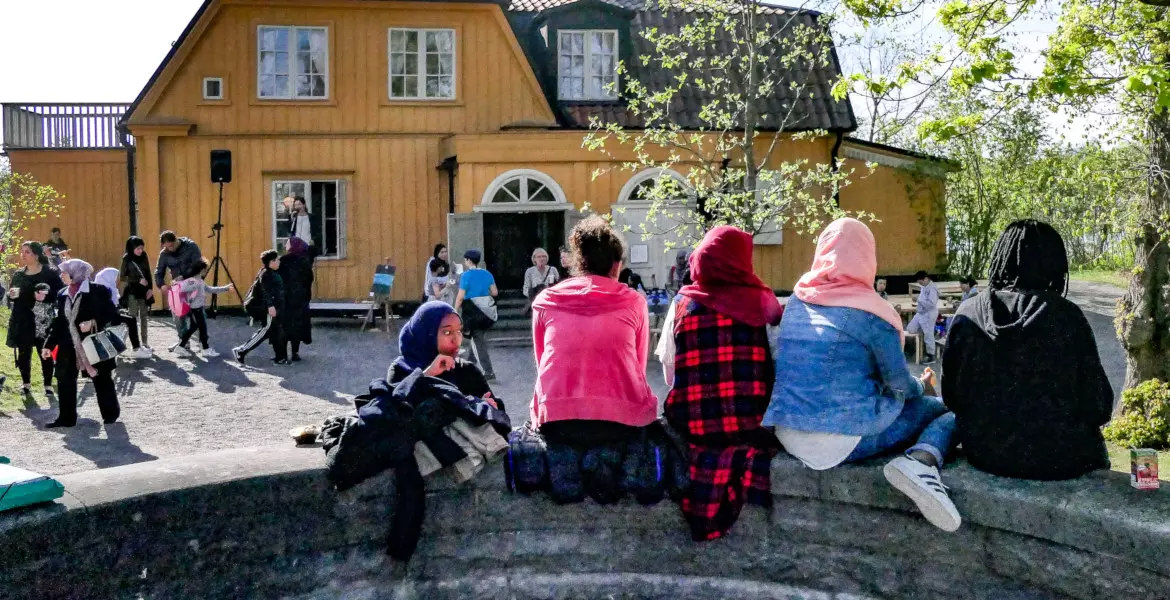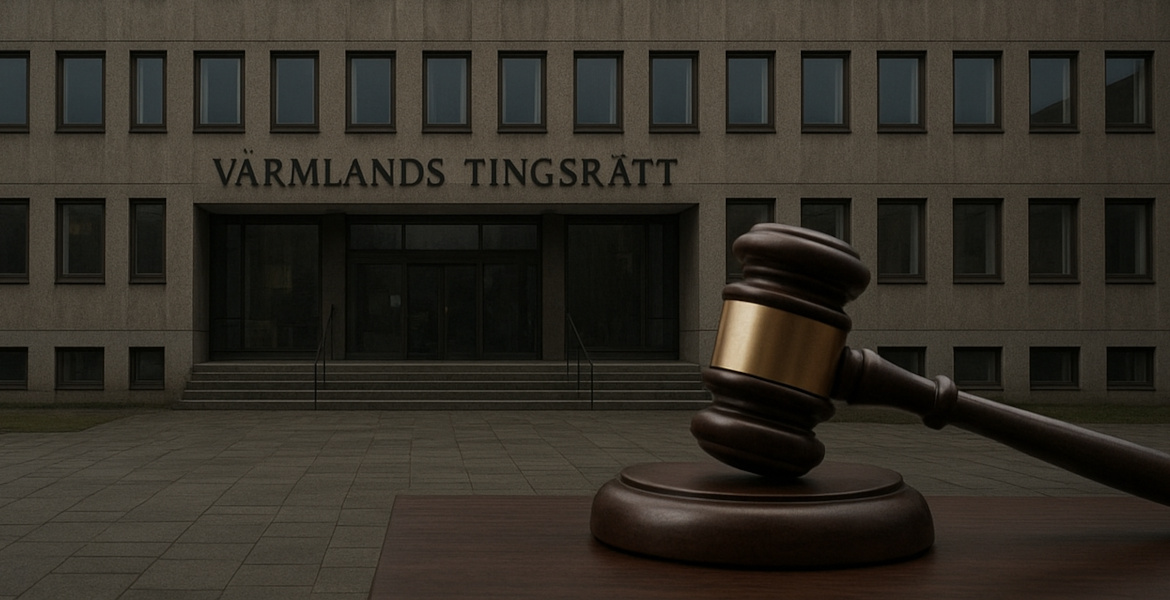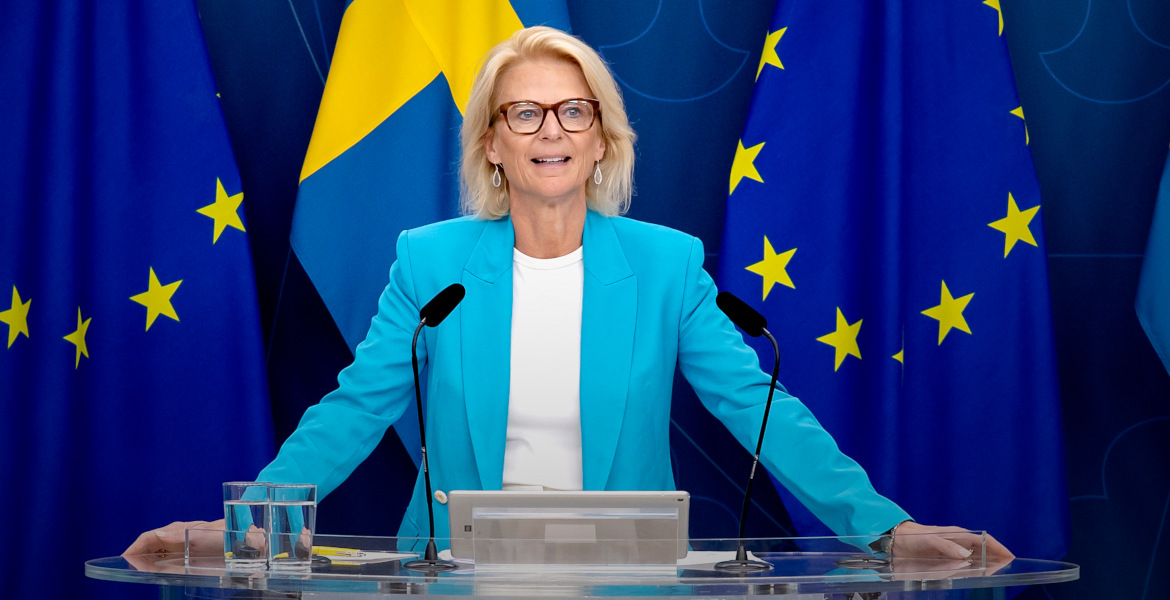The Pisa 2023 report indicates a decline in educational outcomes across Nordic countries, with Sweden, Norway, Finland, and Denmark all reporting lower results in mathematics and reading comprehension compared to previous years.
This downturn is seen as part of a broader trend, where the impact of the pandemic on education is highlighted as a significant factor. Despite this decline, several of these countries still remain above the OECD average in their performances.
The latest PISA 2023 report, recently published by Skolverket, the Swedish National Agency for Education, shows that students in Sweden are now performing at the same level as a decade ago. The results in mathematics and reading comprehension have worsened, and the international comparison also shows that only a handful of countries have managed to improve their results.
Between 2018 and 2022, Sweden has lost 21 points in mathematics and is now ranked 18th, compared to 12th in the previous survey. Reading comprehension has suffered a drop of 19 points, with Sweden now in 14th place, compared to 7th place previously.
Neighboring countries lose out
Norway's results in mathematics have never been so low since the country began participating in the survey in 2003, Norwegian state broadcaster NRK reported. According to the report, almost one in three students is at the lowest level of knowledge in mathematics. Reading comprehension is also low, but at about the same level as last year.
Since the peak year of 2006, Finnish students' math skills have been gradually declining. According to the survey, the reading comprehension of one in five Finnish students has also deteriorated. In the past, Finnish-speaking students were at a higher level than Finnish-Swedish students, but this seems to have changed. For the first time, Finnish-Swedish students outperform Finnish-speaking students in math, reports Finnish state broadcaster Yle. In reading and writing, the two groups are now at the same level.
Denmark has lost ground in both reading and math. Girls' results have deteriorated more than boys', reports the Danish-Swedish newspaper News Øresund. Denmark is the only Nordic country where boys outperform girls in math and science.
Science results have also deteriorated, with Finland and Denmark performing at a higher level and Norway and Iceland at a lower level compared to Sweden.
"The pandemic effect"
Despite the downward trend, students in Sweden are still above the OECD average. Peter Fredriksson, director general of the Swedish National Agency for Education, notes that Sweden is now in the middle of the pack, and points out that Finland, which has traditionally ranked higher, is now at the same level as Sweden.
– The Pisa study is the third international measure of knowledge this year to show deteriorating results in Sweden. The pattern is similar in most other countries. A large part of the participating students' time in secondary school has been marked by the pandemic, with high levels of absenteeism and distance learning. This indicates a 'pandemic effect', says Peter Fredriksson, director general of the National Agency for Education, in a press release.
The Swedish National Agency for Education identifies the impact of the so-called pandemic as the main reason for the poor results, with distance learning and absenteeism seen as possible causes of the general decline.
The fact that the large influx of immigrants over the past 30-40 years has affected the results of Swedish schools is not new in itself. However, it is something that the Swedish National Agency for Education tries to gloss over as an explanatory model.
Nej.
Om man inte tar hänsyn till invandringen, så presterar svenska elever fortfarande väl och ligger i toppskiktet.
Vid jämförelse med PISA 2022 och början av 2000-talet har Sverige förbättrat sina resultat.
Om man betraktar elever med minst en förälder född i landet,… https://t.co/fIAajHUy0U pic.twitter.com/IuZQja17Lj
— Herr Husis (@HerrHusis) December 5, 2023
"No. If immigration is not taken into account, Swedish students still perform well and are in the top tier. When compared with PISA 2022 and the beginning of the 2000s, Sweden has improved its results. If you consider students with at least one parent born in the country, Sweden is in the top five compared to 11th place when you include all students", comments a user on Twitter/X.
"Wait and see"
The Swedish National Agency for Education stresses that while the results are worrying for the Swedish school system, it is too early to consider the figures as a long-term trend, and hopes for a recovery when "influencing factors stabilize".
Peter Fredriksson emphasizes that the results should not be seen as a negative break in the trend.
- We will have to wait and see whether this is a temporary downturn due to the pandemic, he concludes.
PISA stands for Programme for International Student Assessment. The Organization for Economic Cooperation and Development (OECD) has overall responsibility for the PISA measurements.
PISA is conducted every three years, which should have taken place in 2021, but due to the pandemic it was postponed to 2022. The results of PISA 2022 will be presented globally and nationally on Tuesday 5 December. PISA measures the knowledge and skills of 15-year-olds in three areas: reading, mathematics and science. In PISA 2022, mathematics is the main subject.
The students who completed PISA 2022 were born in 2006, so most are now in their second year of secondary school. 81 countries/regions have participated in the latest PISA in Europe and globally.
Source: TT






